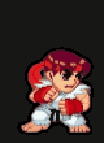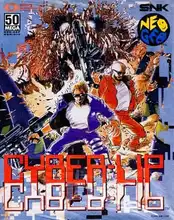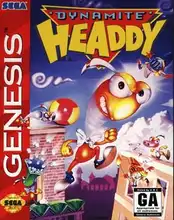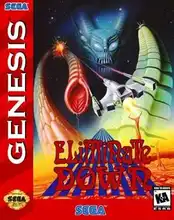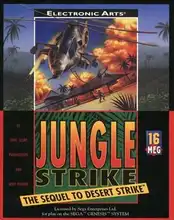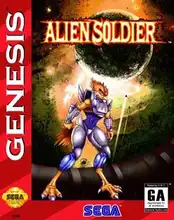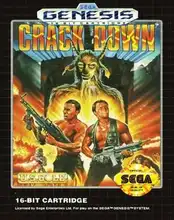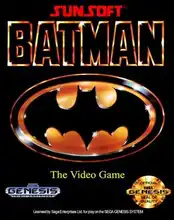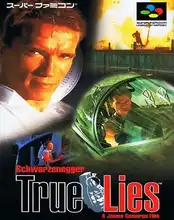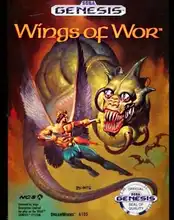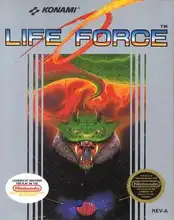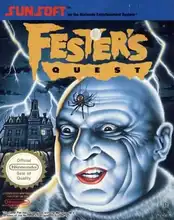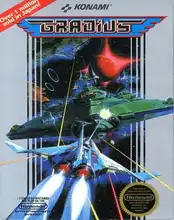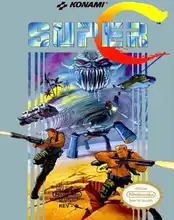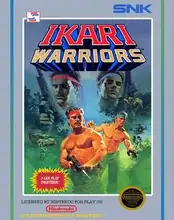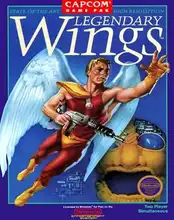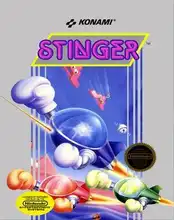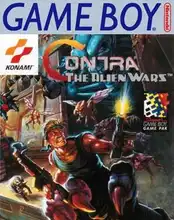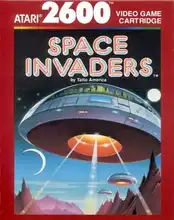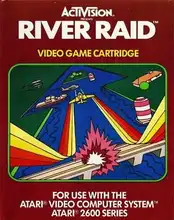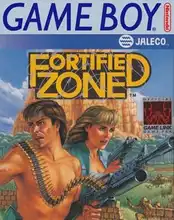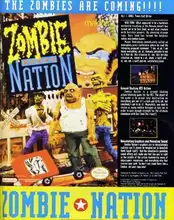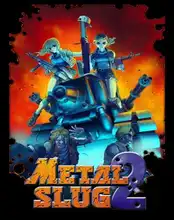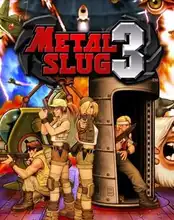The screen flickers, the sound blares, and your finger is glued to the trigger. Before high-definition graphics and online multiplayer dominated, shooter games delivered raw, unadulterated adrenaline straight to your eyeballs. Whether you were pumping quarters into an arcade cabinet or hunched over a glowing CRT monitor, these pixelated powerhouses defined a generation of gamers.
Let's take a trip back to the days when the stakes felt incredibly high, and every successful headshot (or pixel cluster shot) was a triumph.
The Thrill of the Arcade: Light Gun Legends
Step right up! Before home consoles could truly replicate the experience, the arcade was king for certain types of shooter games. We're talking about the visceral, stand-up cabinets with chunky plastic guns tethered to them.
- The Setup: Standing there, gun in hand, aiming at the screen – it was pure immersion for its time. The satisfying thwack or simulated recoil added to the feeling of being in the action.
- Iconic Titles: Think Operation Wolf, Lethal Enforcers, Time Crisis, or Virtua Cop. These games were challenging, often required a friend by your side (and a pocket full of change), and provided instant gratification. They were simple in concept – shoot the bad guys, don't shoot the civilians – but masterfully executed for maximum fun.
While modern hardware has made home light gun setups more accessible than ever, nothing quite beats the sticky floor and booming sound of a classic arcade.
PC Powerhouses: From Shareware to Spectacles
The personal computer became a fertile ground for a different kind of shooter game, one that would eventually spawn the first-person shooter (FPS) genre as we know it.
- Early Days: Games like Wolfenstein 3D and Doom didn't just popularize the genre; they built its foundation. The speed, the maze-like levels, the secrets, and the sheer intensity were groundbreaking. Finding these games often involved shareware disks or downloading them (slowly!) from bulletin board systems.
- Evolution: The late '90s and early 2000s saw incredible leaps with titles like Quake, Unreal Tournament, and Half-Life. Graphics improved, level design became more complex, and storytelling started to weave its way into the action. Playing deathmatches over a LAN connection was the ultimate social gaming experience for many.
These PC classics offered freedom of movement, strategic depth, and a sense of exploration that arcade games couldn't match. The modding scene around many of these titles also gave them incredible longevity. You can often find these gems legally on platforms like GOG.com or play them using emulators like DOSBox.
Console Commanders: Run 'n' Gun Classics
Consoles brought shooter games into the living room, adapting arcade hits and creating their own unique styles.
- Side-Scrolling Action: Many early console shooters were of the "run and gun" variety, like Contra or Metal Slug. Fast-paced, tough as nails, and perfect for co-op play, they tested your reflexes and pattern recognition.
- Adapting 3D: As consoles grew more powerful, they started tackling 3D shooters. Ports of PC hits appeared, alongside console-exclusive franchises like GoldenEye 007 on the N64, which revolutionized control schemes and multiplayer for the platform.
Console shooters made the genre accessible to a wider audience, often offering a more curated, focused experience than their PC counterparts.
Why We Still Love 'Em Today
Beyond the rose-tinted glasses, there's a real reason retro shooter games endure:
- Pure Gameplay: Often, the mechanics were simple but deep. Easy to pick up, hard to master.
- Distinctive Style: From pixel art to early 3D polygons, they have a unique aesthetic charm.
- Nostalgia Factor: They transport us back to simpler times, evoking memories of childhood or teenage years spent gaming.
- High Replayability: Challenging difficulty, secret areas, and speedrunning potential keep players coming back.
Getting Back into the Action
Feeling the urge to frag some demons or blast some terrorists from yesteryear? It's easier than you think:
- Digital Distribution: Sites like GOG.com offer many classic PC shooters, pre-configured to run on modern systems.
- Emulation: Emulators like DOSBox for PC games or various console emulators allow you to run original game files (ensure you own the originals!).
- Compilations & Mini-Consoles: Sometimes, classic collections or dedicated retro consoles include beloved shooter titles.
- Archive.org: The Internet Archive hosts a vast collection of playable-in-browser DOS games, including many classic shooters (https://archive.org/details/softwarelibrary_dos_games).
No matter how you choose to play, the intense, satisfying action of classic shooter games is waiting to be rediscovered.
FAQ: Reliving the Retro Shooter Glory
Q: What makes a game a "retro shooter"? A: Generally, it refers to shooting games from the 80s, 90s, or early 2000s, before modern graphics and online multiplayer became standard. This includes arcade light gun games, early PC FPS titles, and console run 'n' gun or 3D shooters from that era.
Q: Are retro shooters still fun compared to modern games? A: Absolutely! They offer a different kind of fun – often more focused on raw mechanics, level design puzzles, and high scores rather than cinematic experiences or complex narratives. Their difficulty can also be a refreshing challenge.
Q: Where can I legally play classic PC shooter games? A: Platforms like GOG.com specialize in distributing classic PC titles, often updated to run on modern operating systems. The Internet Archive also has a large collection of playable DOS games, though licensing varies.
Q: Can I play classic arcade light gun games at home? A: Yes, modern technology allows for home light gun setups using specialized controllers and software, often used with emulation platforms like MAME.
